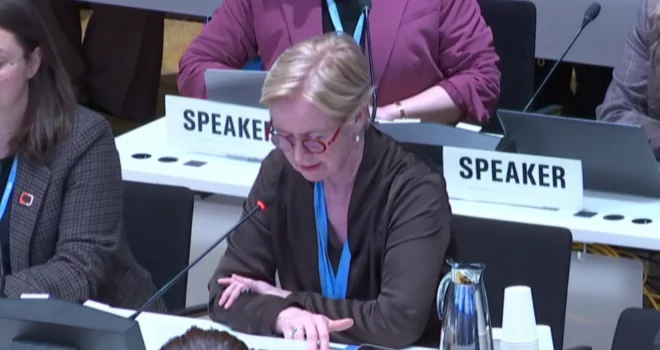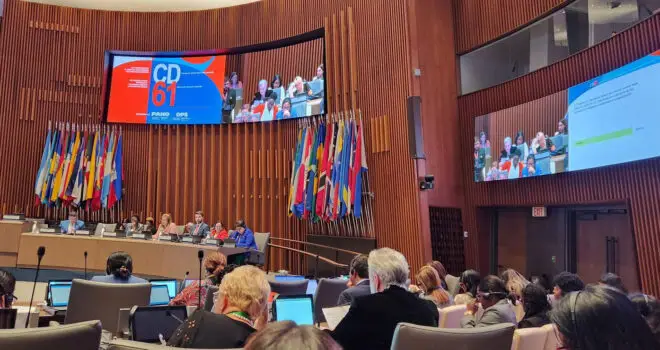Ottawa/Geneva, April 7, 2019 – Heart disease, hypertension and stroke, and associated conditions such as kidney diseases and diabetes are largely preventable, yet they are the major causes of mortality in the world, with more than 75 percent of the related deaths occurring in low and middle income countries.
According to a report by the World Economic Forum and the Harvard School of Public Health, the global cost of cardiovascular disease was estimated at US$ 863 billion in 2010 and likely to reach US$ 1,044 billion in 2030.
In a White Paper on Circulatory Health, the Global Coalition for Circulatory Health has identified a range of priority actions to help prevent cardiovascular disease. Established in 2017, the Global Coalition for Circulatory Health is the only network of international, regional and national organisations advocating for increased prevention, control and treatment of all circulatory diseases.
Major modifiable risk factors which contribute to cardiovascular disease include tobacco use, high blood pressure, high cholesterol, alcohol consumption, physical inactivity, obesity, unhealthy diet and diabetes. Around the world, countries are already working to ensure stronger health systems, improved tracking of progress and enhanced prevention by lowering risk factors that can lead to cardiovascular disease.
Last year, the adoption of the Global Strategy to Accelerate Tobacco Control and Sustainable Development at the Eighth Session of the Conference of the Parties to the World Health Organization Framework Convention on Tobacco Control (WHO FCTC) is a case in point. The Strategy sets a clear roadmap for action to reduce tobacco, save lives and boost sustainable development.
On World Health Day 2019, we urge governments to prioritise proven policy packages such as the WHO FCTC and the Hearts Technical Package to fight cardiovascular disease risk factors and support the health of their populations.
We call for the introduction of innovative financing mechanisms and increased investments in the fight against cardiovascular diseases through multisectoral interventions that are cost effective.
To scale up their ongoing action against cardiovascular disease, we also encourage governments to enact the priorities identified by the WHO Independent High-Level Commission on Non-Communicable Diseases (NCDs) and approved during the Third High-level Meeting of the UN General Assembly on NCDs.
To promote universal health coverage and lift the massive burden of cardiovascular diseases on world economies and healthcare systems, we encourage collaboration between governments, healthcare practitioners and civil society organisations.
ABOUT
The World Heart Federation is dedicated to leading the global fight against cardiovascular disease (CVD), including heart disease and stroke. We are the only global advocacy and leadership organization bringing together the entire CVD community to drive the CVD agenda and help people live longer, better, more heart-healthy lives. We and our members – more than 200 organizations, scientific societies, foundations and patient associations in over 100 countries – believe in a world where heart health for everyone is a fundamental human right and a crucial element of global health justice. Because every heartbeat matters.
Framework Convention Alliance works to rid this world from the devastating health, social, economic and environmental consequences of tobacco and tobacco use. With hundreds of non-government member organisations from over 100 countries, the Alliance grew out of civil society’s participation in the work that produced the World Health Organization Framework Convention on Tobacco Control in 2005, the first modern-day public health treaty. We are a leading advocate for including the FCTC and tobacco control in the international health and development framework, including the Sustainable Development Goals. The Alliance is an influential voice for civil society at the FCTC Conference of the Parties.


